George Diaz, Memorial Healthcare Systems, United States
Introduction/Objective: Primary Angiitis of the Central Nervous System (PACNS) is rare and causes inflammation of the small and medium vessels of the brain, leptomeninges and spinal cord. We present a case of PACNS, demonstrate the diagnostic challenges, and appreciate outco [....] » Read More




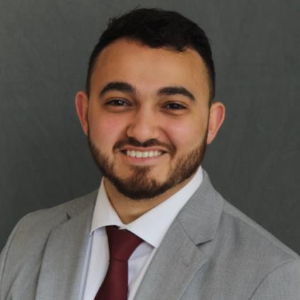



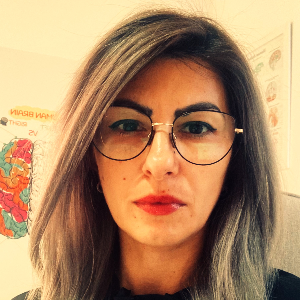

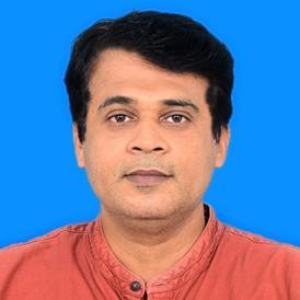
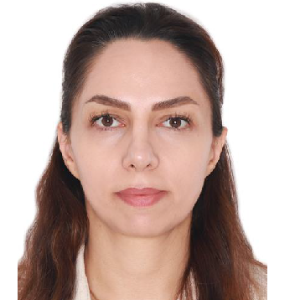
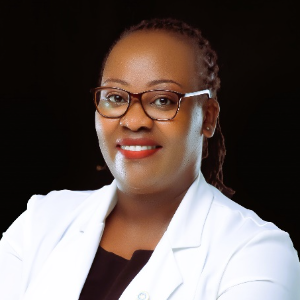







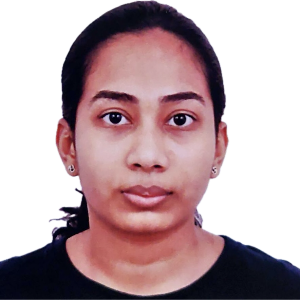
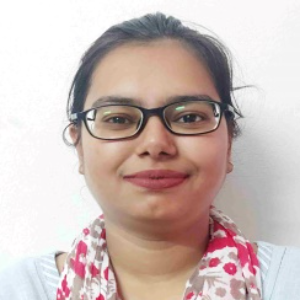




![Narrative medicine: A communication therapy for the communication disorder of Functional Seizures (FS) [also known as Psychogenic Non-Epileptic Seizures (PNES)] Speaker at Neurology Conferences - Robert B Slocum](https://neurologycongress.com/uploads/speakers/robert-b-slocum-8630.jpg)

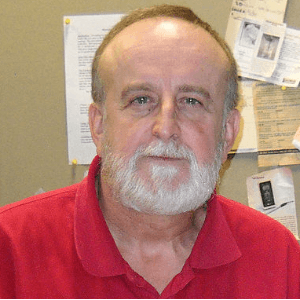
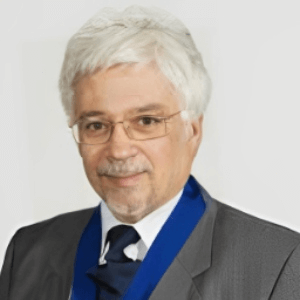



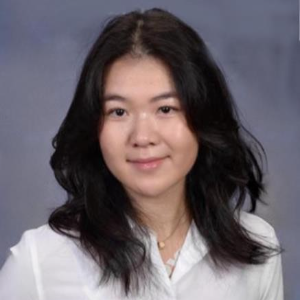
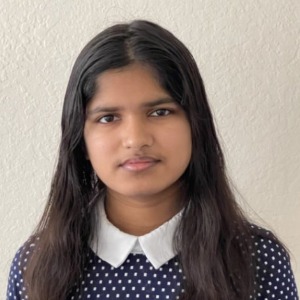
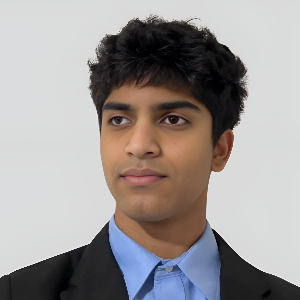
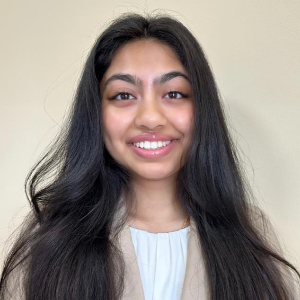


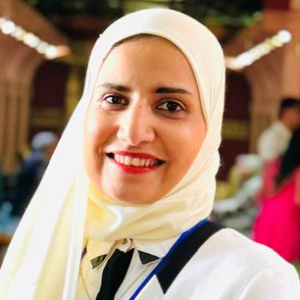
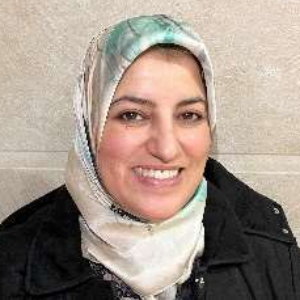







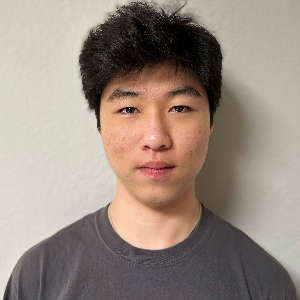
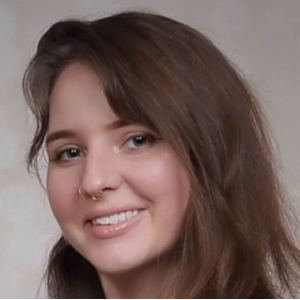
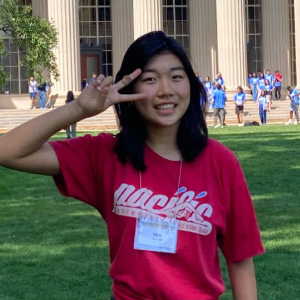

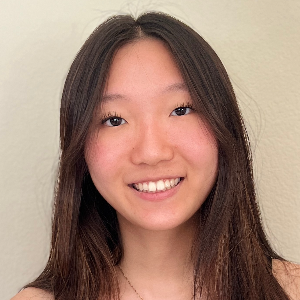
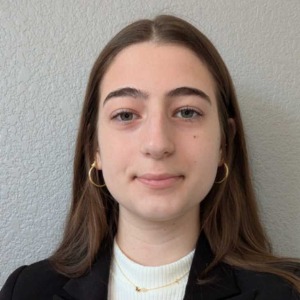
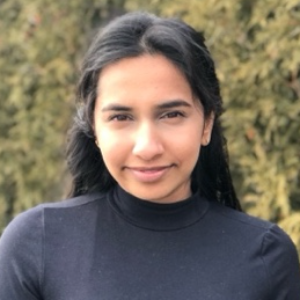








Title : Novel important cellular responses, signaling mechanisms and therapeutic options in vascular dementia
Yong Xiao Wang, Albany Medical College, United States
Vascular contributions to cognitive impairment and dementia (VCID) have high morbidity and mortality, and diabetes is a leading factor for VCID. The signaling mechanisms for diabetes-induced VCID are largely unknown, and the current treatments for VCID are neither very specific n [....] » Read More
Title : Cervical stenosis-induced chronic cerebrospinal fluid flow restriction as a contributing cause of dementia
Joe Sam Robinson, Mercer University, United States
Statement of the Problem: Obvious CSF flow obstruction is a well-established cause of acute and subacute dementia, as well as a host of other neurological dysfunction processes. Unfortunately, the less-obvious vagaries of CSF production and absorption remain relatively unexplored [....] » Read More
Title : ACE-dependent Alzheimer’s Disease (AD)
Sergei M Danilov, University of Illinois, United States
An analysis of 1200+ existing missense ACE mutations revealed that more than 400 mutations are predicted to be damaging and led us to hypothesize that heterozygous carriers of these loss-of-function (LoF) ACE mutations (which result in low ACE levels) may be at risk for the [....] » Read More
Title : Challenges in translating science into medicine in the field of brain health
Younok Dumortier Shin, ALAIRED LLC, United States
From dementia to depression to pain, neurological diseases affect almost everyone at some point in our lives. The medical research has advanced tremendously, thanks to the advanced technologies such as high-resolution imaging systems, genetic diagnostic tools, and high-throughput [....] » Read More
Title : Association between race and cognitive decline in older adults in the united states and puerto rico
Hamna Khuld, Columbia University, United States
Background: Cognitive decline and Alzheimer’s disease are major public health concerns among older adults in the U.S. and Puerto Rico. Racial and ethnic disparities in cognitive health outcomes highlight the need for a better understanding of these differences. Methods: [....] » Read More
Title : Neuroplasticity in motion: Innovative occupational therapy interventions for neurological rehabilitation
Jessica Marchant, Texas Woman's University, United States
Neurological disorders often lead to functional impairments, but advancements in neuroscience have demonstrated the brain’s ability to adapt and reorganize. This presentation explores the intersection of occupational therapy and neuroplasticity, focusing on task-specific tr [....] » Read More
Title : Outcomes and prognostic factors of surgical decompression in neurological foot drop: A systematic review and meta-analysis.
Abbas Khizar Khoja, University of Nottingham, United Kingdom
Objective: To evaluate the outcomes of surgical decompression and determine the factors predicting post-operative motor recovery in patients with unilateral footdrop and to propose a critical time frame for operative management. Design: Systematic review and meta-analysis (usi [....] » Read More
Title : An audit on the assessment and management of osteoporosis in a parkinson’s and related diseases clinic in Australia
Nethmi Nuwanji Amarasekera, Imperial College London, United Kingdom
Osteoporosis is characterised by low bone mineral density and is associated with minimal trauma fractures. Patients with Parkinson’s disease (PD) and atypical parkinsonian syndromes are at increased risk of falls and should be actively screened and treated for osteoporosis. [....] » Read More
Title : A case of probable Progressive Supranuclear Palsy Frontal type (PSP-F) presenting as psychosis
Ala Bashir, Worcestershire Acute Hospitals NHS Trust, United Kingdom
Background: Progressive supranuclear palsy (PSP) is the second most common parkinsonian disorder after idiopathic Parkinson’s disease; yet, it remains frequently misdiagnosed, with only 4,000 confirmed cases reported in the UK by the PSP Association .While neuropsychiatric [....] » Read More
Title : Clinical efficacy analysis of implantable VNS stimulation rehabilitation therapy for the patients with hemiplegia after ischemic stroke
Dawei Zang, Capital Medical University, China
Purpose: Currently there are no effective rehabilitation therapies for the upper limb movement disorders of the patients after ischemic stroke in clinical; it is difficult for these patients to return to society and work. Implantable VNS (Vagus Nerve Stimulation?VNS) is widely us [....] » Read More
Title : Tai chi-induced exosomal LRP1 is associated with memory function and hippocampal plasticity in aMCI patients
Miaoran Lin, Fujian Medical University, China
Aims: The study was designed to identify the potential peripheral processes of circulating exosome in response to Tai Chi (TC) exercise and the possibility of its loaded cargos in mediating the effects of TC training on cognitive function among older adults with amnestic mild cog [....] » Read More
Title : STING is significantly increased in high-grade glioma with high risk of recurrence
Qingyuan Yang, Shanghai Jiao Tong University School of Medicine, China
To our knowledge, the potential relationships among the frequently mutated genes, well-known homologous recombination repair (HRR) proteins, and immune proteins in glioma from a clinical perspective have not been explored. Here, a total of 126 surgical tissues from patients initi [....] » Read More
Title : Safety, tolerability and efficacy of ALMB-0166 in the patients with acute Spine Cord Injury (SCI): a multicenter, randomized, placebo-controlled, phase I/II study
Jinqian Liang, Peking Union Medical College Hospital, China
Introduction: There are currently significant unmet medical needs for therapies that improve the recovery of neurological function after suffering a severe SCI. ALMB-0166 is a first-in-class humanized monoclonal IgG antibody that block connexin-43 (Cx43) hemichannels in spinal co [....] » Read More
Title : Aspartame-induced cognitive dysfunction: Unveiling role of microglia-mediated neuroinflammation and molecular
Waseem Dar, Shiv Nadar University, India
Aspartame, an artificial sweetener, is consumed by millions of people globally. There are multiple reports of aspartame and its metabolites affecting cognitive functions in animal models and humans, which include learning problems, headaches, seizures, migraines, irritable moods, [....] » Read More
Title : Exogenous CGRP mitigates neuroinflammation and cognitive impairment in sepsis- associated encephalopathy via regulating C-Jun N-terminal kinase
Harshita Singh, Central University of Punjab, India
During sepsis, the CNS is particularly vulnerable to injury mediated by inflammatory and oxidative processes, which can cause sepsis-associated encephalopathy (SAE), a diffuse brain impairment. Sepsis-induced pathological consequences lead to short and long-term neurobehavioural [....] » Read More
Title : AI based brain computer interface for detecting neurological disorders using EEG signals
T Kishore Kumar, National Institute of Technology, India
Neurological disorders like epilepsy, Parkinson's, Alzheimer's, and stroke affect millions of people around the world. These disorders are especially hard to treat in rural places where people don't have easy access to specialized medical care. Traditional diagnostic [....] » Read More
Title : The effects of cognitive behavioral therapy with biofeedback therapy on the quality of life, anxiety, depression and somatic symptoms in patients with dyssynergic defecation: A randomized controlled trial
Afsaneh Nikjooy, Iran University of Medical Sciences, Iran (Islamic Republic of)
Background and Objectives: Dyssynergic defecation (DD) is a major cause of chronic functional constipation. Patients with DD have greater psychological distress and an impaired health-related quality of life compared with the general population. This study aimed to evaluate the e [....] » Read More
Title : Neuroprotective effect of andrographolide combination with piperine against streptozotocin induced alzheimer’s disease
Royal Patel, SVN Institute of Pharmacy, India
Streptozotocin (STZ) is a widely used neurotoxin in experimental models of Alzheimer’s disease (AD) due to its ability to induce cognitive dysfunction and neurodegeneration. STZ administration leads to the accumulation of amyloid-beta (Aβ) plaques and the development o [....] » Read More
Title : Comprehensive metabolomics profiling identifies novel biomarkers and pathways for early detection and mechanistic insights in alzheimer’s disease
Prabhakar Tiwari, All India Institute of Medical Sciences, India
Background and Objective: Alzheimer’s disease (AD) is a progressive neurodegenerative disorder characterized by cognitive decline, amyloid-beta (Aβ) plaques, and tau tangles. Early diagnosis is vital for timely intervention. This study investigates metabolic alteratio [....] » Read More
Title : The impact of screen exposure on attention capacities in Moroccan schoolchildren: A neurocognitive approach
Zakaria Abidli, International University of Casablanca, Morocco
In all cognitive tasks, attention is crucial for processing and learning information. This study aims to examine the harmful impact of growing screen use among children in Morocco on their attentional capacities and educational outcomes. It provides a neurocognitive perspective t [....] » Read More
Title : A case of AQP4-MOG double-positive neuromyelitis optica spectrum disorder
Sarah Butler, Monash University, Australia
Neuromyelitis optica spectrum disorder (NMOSD) is an immune-mediated disorder of the central nervous system (CNS) characterized by frequent involvement of the optic nerves and spinal cord. Autoantibodies against aquaporin-4 channels on astrocytes (Anti-AQP4) are the hallmark of t [....] » Read More
Title : Functional brain hubs are related to age: A primer study with rs-FMRI
María Dolores Figueroa Jiménez, Universidad de Guadalajara, Mexico
Background/Objective: Research on the ontogenetic development of brain networks using resting state has shown to be useful for understanding age-associated changes in brain connectivity. This work aimed to analyze the relationship between brain connectivity, age and intelligence. [....] » Read More
Title : Evaluating factor levels of fibrinogen, D-Dimer, and hs-CRP in serum or plasma of patients with ischemic or hemorrhagic stoke
Huiqing Hou, Capital Medical University, China
Purpose: Elevated levels of fibrinogen, D-Dimer, and High-sensitivity C-reactive Protein (hs-CRP) have been observed previously in the serum or plasma of patients with stroke, but the associations of these inflammatory cytokines with cognitive impairment after stroke are still [....] » Read More
Title : Elementary school teachers’ knowledge and attitude towards attention deficit hyperactivity disorder: A multi-institutional study, Ethiopia
Daniel Ayelegne Gebeyehu, University of Gondar, Ethiopia
Background: A child suffering from attention deficit hyperactivity disorder (ADHD) faces many difficulties in social as well as academic performances. School teachers’ knowledge and attitude towards ADHD play a vital role in early detection and referral of the child to tr [....] » Read More
Title : The use of cephalexin to inhibit alpha-synuclein aggregation: A new paradigm in parkinson's disease
Divya Jayam, The Wheatley School, United States
Introduction: Parkinson’s Disease (PD) is characterized by the degeneration of dopaminergic neurons due to the aggregation of a protein named α-Synuclein in the substantia nigra region of the brain. Current therapies for PD do not address this pathology. This paper pr [....] » Read More